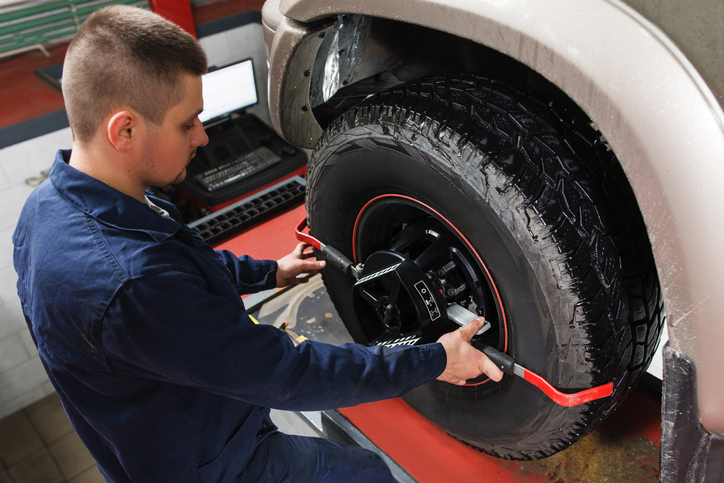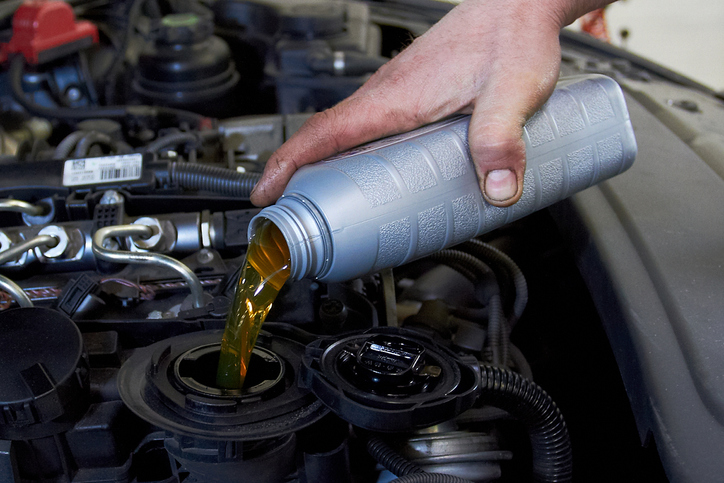In Auto Mechanic School? 3 Tips for De-winterizing Cars This Spring
With spring finally here, there are a few changes that car owners may be looking to make to their cars. Cars, just like us, need to adjust to spring weather a little bit. De-winterizing cars can help to maintain their functionality and long-term health. What are some things that you can do to help cars adjust to the change in the weather—and the change in road conditions?
Read on to learn three tips for de-winterizing cars this spring!
1. Replace Winter Tires After Auto Mechanic School
As the winter season comes to an end, so too should the use of winter tires. March 15th is when winter tires no longer become mandatory. However, waiting until temperatures are reliably over 7 degrees celsius is a good best practice to follow. As a professional auto mechanic, it’ll be up to you to advise your clients and recommend that they start changing their winter tires.
It’s a good idea to replace winter tires with all-season or summer tires once the weather gets warmer, as this helps to preserve their durability and usefulness for the next winter season. Winter tires are only meant for cold and icy conditions because of their unique rubber material compound. After auto mechanic school, you’ll see that winter tires are less effective in warmer weather. This can affect the safety of the vehicle when driven during the summer. Therefore, replacing them with summer or all-season tires would be the best solution for your customers.
2. Wheel Alignment Should Be on the Top of Your List
During winter, your customers’ vehicles may have gone through some extreme winter weather road conditions like constant snow, ice, and major potholes. This can eventually affect a vehicle’s tires and alignment. The weight of the tires may end up shifting and becoming unbalanced, while the tires’ tread may break down, and the rims of the tires may also sustain damage. As your training on how to become a mechanic will help you understand the importance of these things, you’ll know that it could be a good idea to perform preventive maintenance and check the wheel alignment and balance of cars during this time of year. Properly aligning and balancing the wheels will prevent any further wear and tear and help ensure that the vehicle is still safe to drive on the road.

3. Consider Changing the Oil
Engine oil changes should be done regularly, and should not just be based on distance covered. Weather conditions are also worth considering, as the best viscosity will change depending on the weather.

As a mechanic, it’ll be your responsibility to advise your customers on the engine oil viscosity range that will properly lubricate the engine’s internal parts during the spring. Engine oil viscosity differs based on weather conditions and should be applied according to a vehicle’s owner’s manual. The thinner the oil viscosity, the better suited it is for winter, while thicker oil viscosity is better suited for spring.
Are you interested in auto mechanic careers in Montreal?
Contact ATC Montreal for more information!


